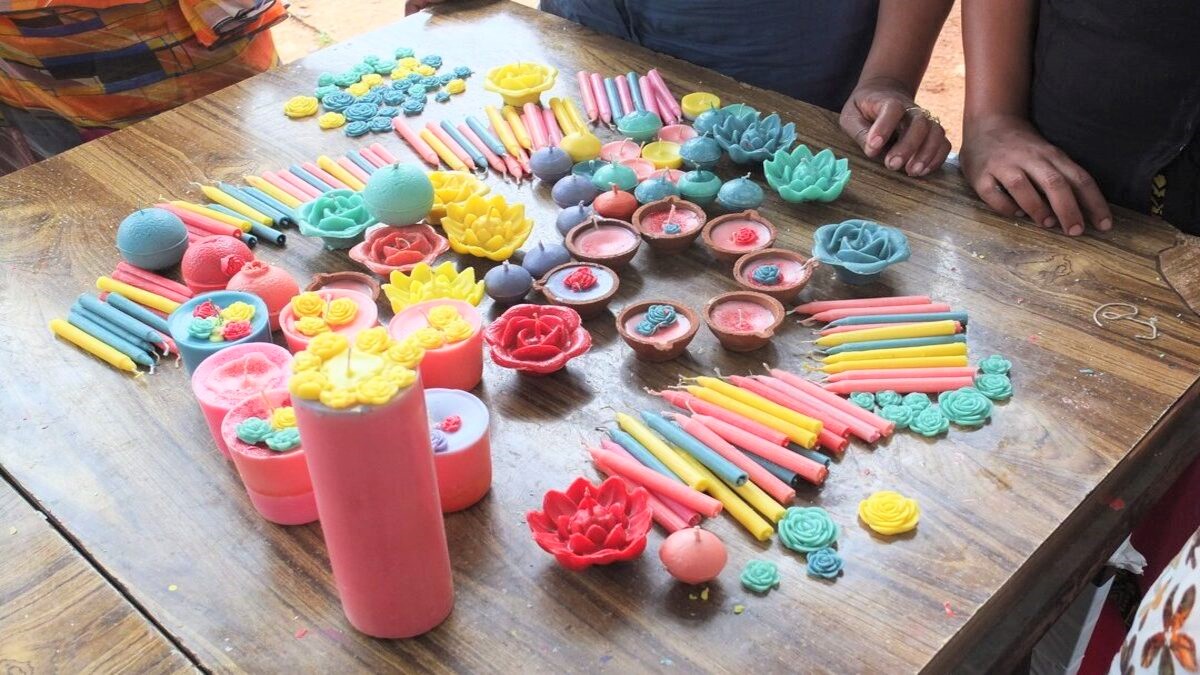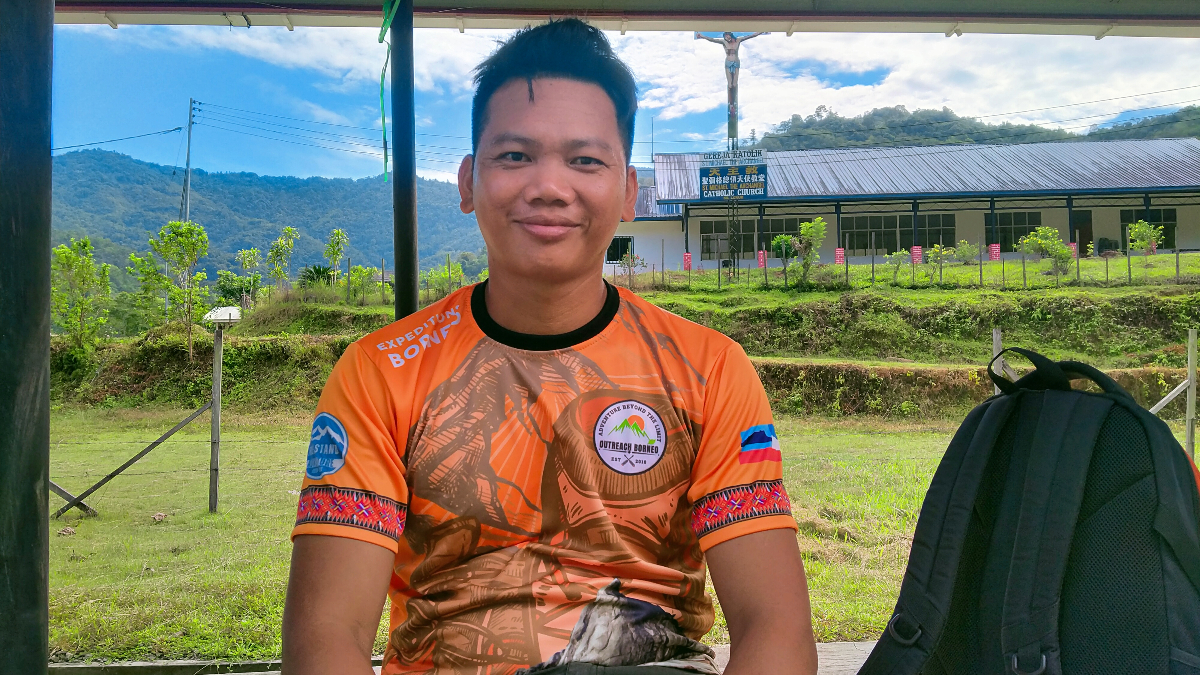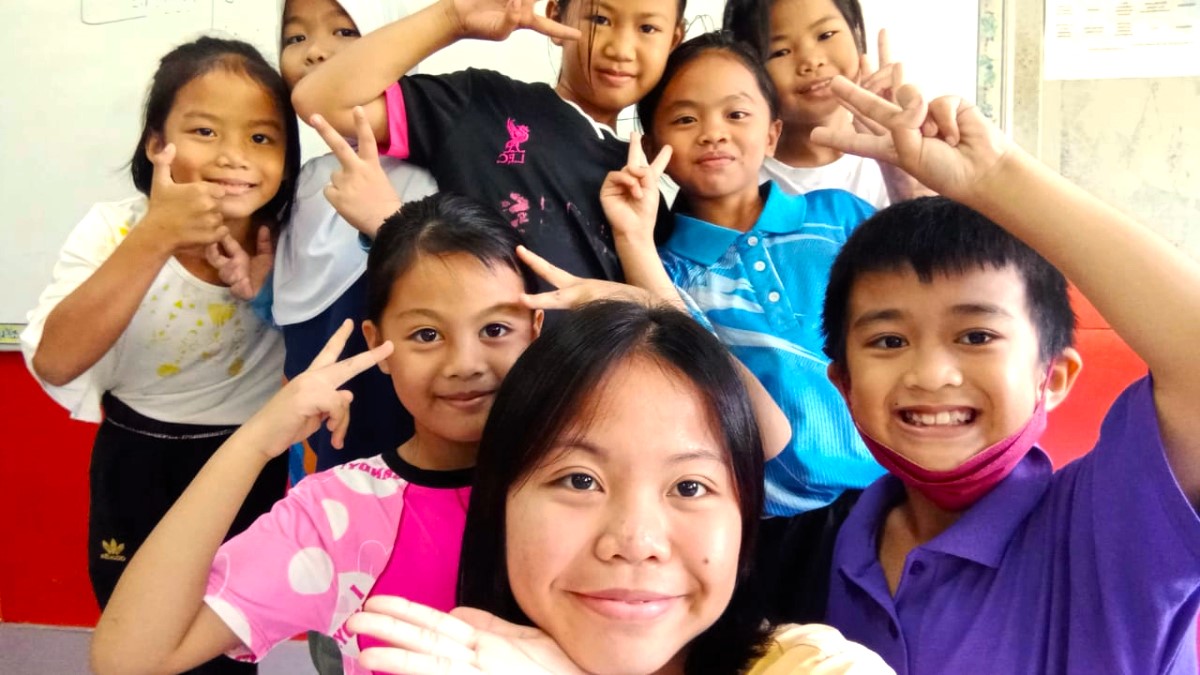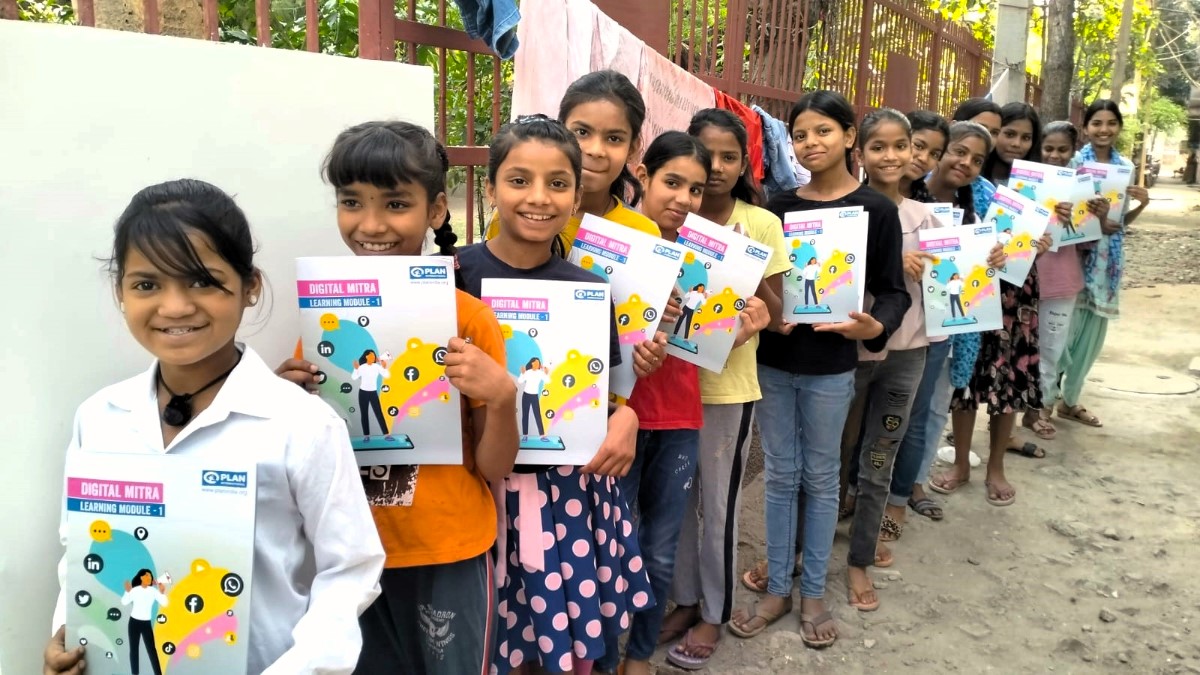While Sri Lanka is known for its rich cultural heritage and beauty, it also grapples with high poverty levels, especially among low-income groups.
However, despite surmounting challenges, many rural Sri Lankans still find ways to rise above poverty and work toward financial stability.
One story of resilience and determination is that of candlemaker Lurdhu Mary, whose narrative is also a testament to the strength and determination of Sri Lankan women.
Lurdhu, her husband, and their two children, one of whom is a neurodiverse child, live in a small, rented shanty in Kandy. With her family facing mounting financial challenges, they have had to explore alternative ways to make ends meet.
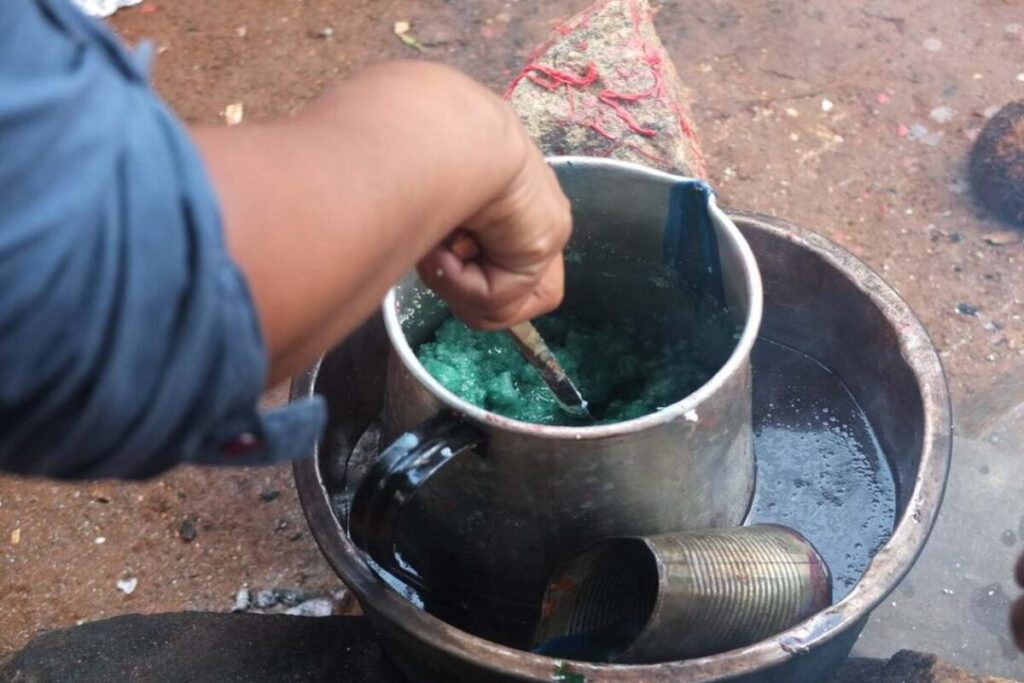
Lurdhu started her small enterprise when her husband’s work as a daily wage earner was barely enough to put food on the table.
Things appeared to go well initially, and the extra income from her candle-making business helped ease their financial burden. However, when the COVID-19 pandemic hit, Lurdhu became understandably anxious.
“I could not get the raw materials I needed to make the candles, and I could not make any sales,” Lurdhu says. “I did not know how we were going to get by.”
Desperate, the family struck a deal with their landlord to work as goat herders in exchange for their monthly rent. “It was not easy, but we were willing to do whatever it took to survive.”
Centres for Resources and Training
Although determined not to give up, all hope seemed lost for the family – until social workers from the local non-profit Women’s Development Centre (WDC) visited them to check on the progress of Lurdhu’s son’s special education needs.
The WDC, a partner of RYTHM Foundation in Sri Lanka, empowers women, children, the differently-abled, and other marginalised groups through various forms of assistance with its Community-based Rehabilitation programme (CBR).
Soon after learning of the family’s struggles, the Menikhinne CBR centre loaned Lurdhu the equipment to help her restart her candle-making business.
The centre also helped her improve her skills with advanced training and participation in exhibitions and trade fairs. As a result, she expanded her business and increased her income. Last year, Lurdhu received a significant order to produce candles for an International Women’s Day programme in Kandy.
RYTHM, the social impact arm of the QI Group, has played a significant role in the WDC’s objectives of creating sustainable opportunities for rural beneficiaries.
Last year, the WDC set up 11 CBR rehabilitation and service centres with RYTHM’s assistance. Besides providing rural women access to resources and training programmes to empower them, the centres offer specialised education and training programmes to the differently-abled.
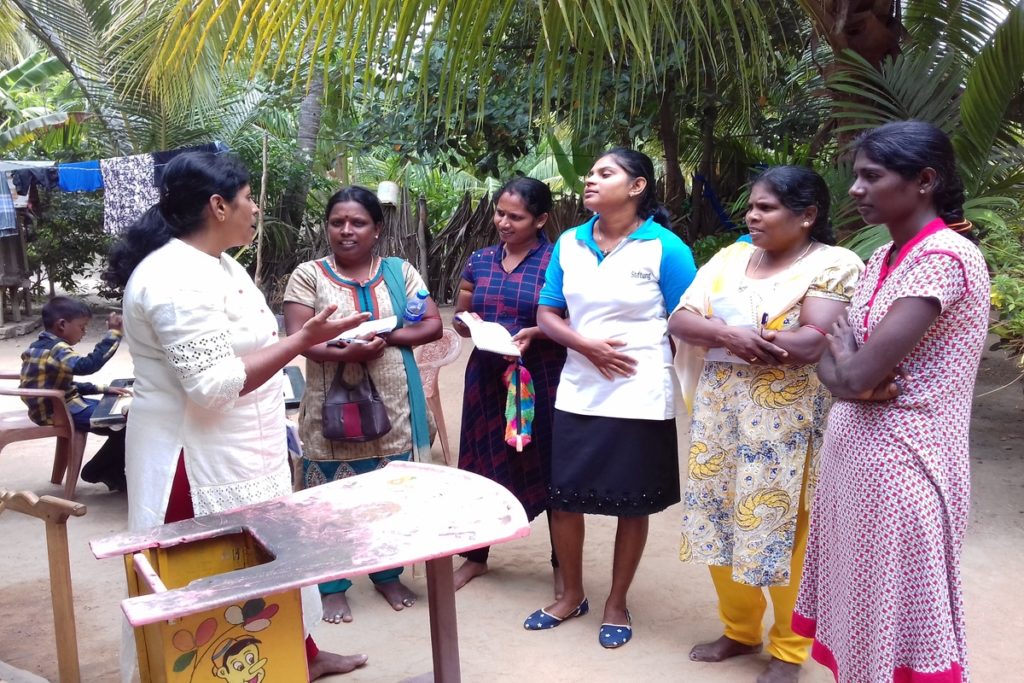
Our aid to marginalised families like Lurdhu’s mirrors several of the United Nations’ Sustainable Development Goals (SDGs), a set of targets for all countries to end poverty and other deprivations. For example, our support in Sri Lanka contributes to SDGs 5 (Gender Equality), 8 (Decent Work & Economic Growth), 10 (Reduced Inequalities), and 17 (Strengthening Partnerships for the Goals).
However, in an increasingly unequal and unsustainable world, we often go beyond these goals and our primary focus areas of Education, Empowerment, and the Environment to ensure the sustainability of the communities we have adopted.
With an unshakable support system behind her, Lurdhu has rekindled her sense of self-worth and found the courage to embrace her future potential.
“I want to be financially independent and provide a better future for my family,” she said. “I plan to save a portion of my profits supporting my son’s rehabilitation, my daughter’s education, and one day build a home for my family to live in.”

